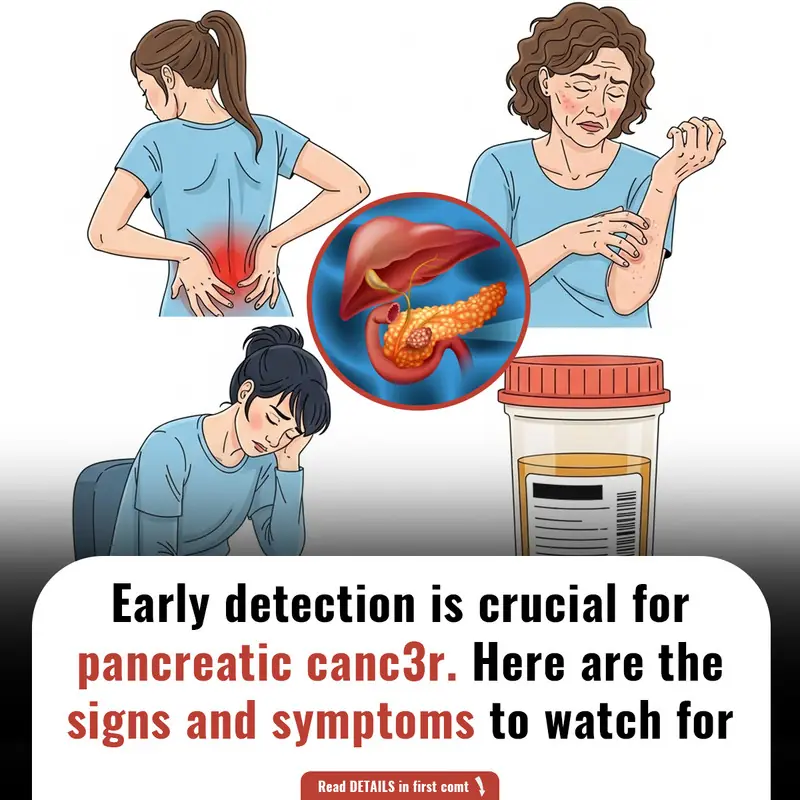
Beware: A popular 'healthy' food is under a safety warning due to its frequent contamination with d3adly bacteria
A recent surge in food poisoning cases linked to unwashed salad has raised concerns among food safety experts, highlighting the deadly risks posed by bacteria like listeria and E. coli. Here’s why washing your salad properly is more important than ever.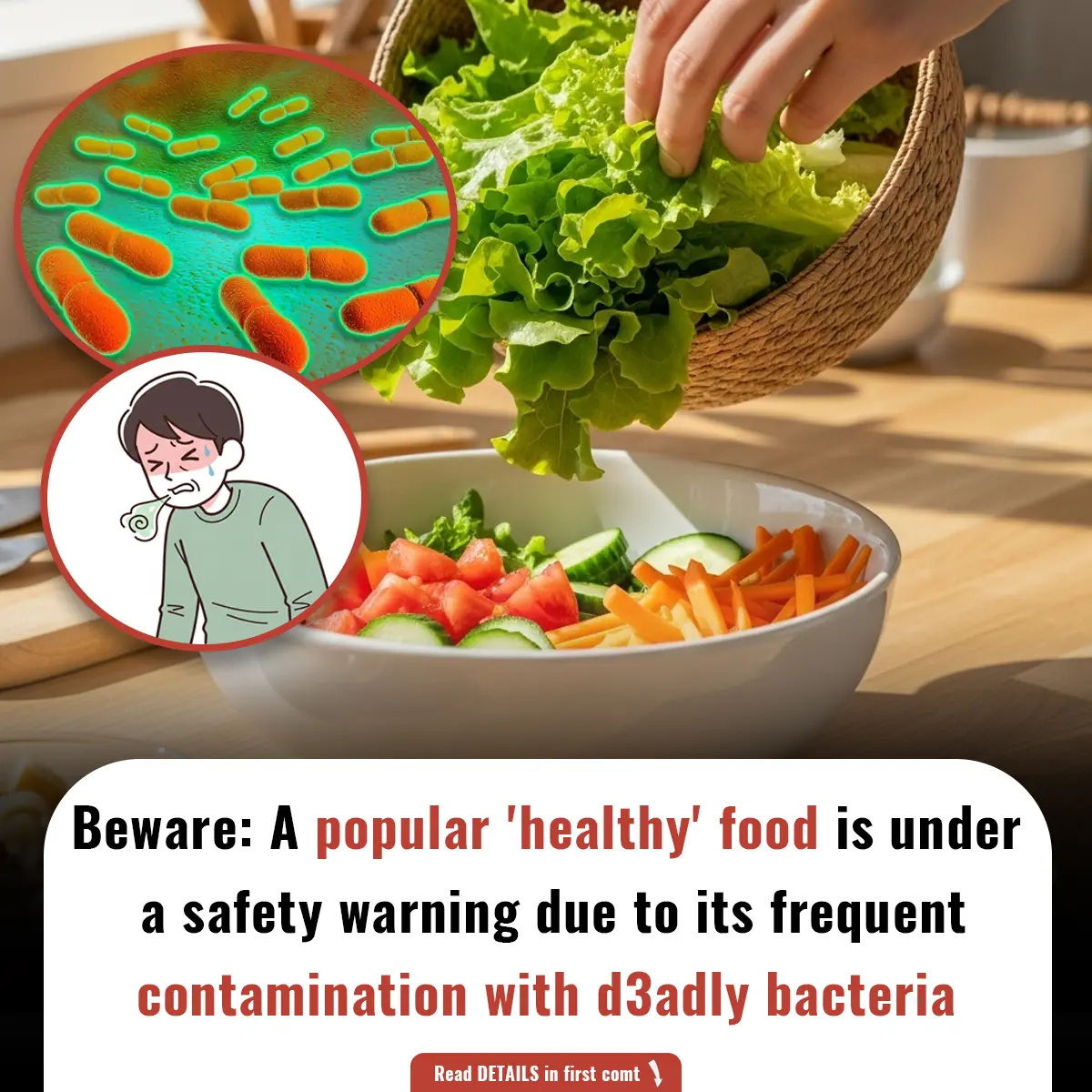
Experts Sound Alarm Over Deadly Bacteria
A growing number of food poisoning cases linked to contaminated, unwashed salad leaves have triggered alarms among health experts, who are urging the public to take precautions. A recent study reveals that a shocking 17% of people in the UK admit to not washing their salad before consumption, putting them at greater risk of contracting harmful bacteria such as listeria, E. coli, and other deadly pathogens.
The Bacteria Behind the Danger
Listeria, a potentially lethal bacteria, is one of the most concerning threats linked to unwashed salad. Common symptoms of listeria infection include fever, nausea, and diarrhea. However, in more severe cases, it can lead to dangerous health conditions such as meningitis or sepsis, which can be fatal, especially in vulnerable individuals like pregnant women, the elderly, and those with weakened immune systems.
The risks are not just theoretical. Last summer, a deadly outbreak of food poisoning caused by contaminated lettuce grown in the UK led to over 280 people falling ill. The investigation found that a strain of Shiga toxin-producing E. coli (STEC) was responsible for the outbreak. This dangerous strain of E. coli is known for causing severe diarrhea and other gastrointestinal issues, and it was linked to prepackaged sandwiches containing contaminated lettuce.
Why Washing Salad Is Crucial
The issue isn’t just limited to products that are marketed as "washed" or "ready to eat." According to food safety experts, many prepackaged salads still carry a risk of contamination, and consumers should always rewash them before consumption. Salad leaves can harbor a range of dangerous pathogens, including norovirus, hepatitis A, cryptosporidium, giardia, toxoplasma, salmonella, E. coli, campylobacter, yersinia, and listeria. These contaminants can enter the salad leaves at any point during production—whether through contaminated soil, water, improper handling, or exposure during storage.
Dr. Deborah Lee, a UK-based GP and medical writer, stressed the importance of washing salad even if it’s labeled as prewashed. "Salad leaves are a common source of pathogens, including norovirus, Hepatitis A, cryptosporidium, giardia, toxoplasma, salmonella, E. coli, campylobacter, yersinia and listeria," she said. "They can become contaminated at every step of the production process, from contact with soil, water, handling, equipment, or storage. The NHS recommends rewashing all prewashed salads and vegetables before use. This is a vital step in food preparation to help reduce gastroenteritis (food poisoning)."
A Rising Problem: The Cost of Ignorance
The failure to wash salad properly is not an isolated issue. It reflects a broader public health concern, as many people remain unaware of the significant risks posed by seemingly innocuous foods like salad. Although prepackaged salad products are often marketed as convenient and ready to eat, they are not immune to contamination. In fact, they may still carry harmful bacteria, which can cause outbreaks of foodborne illness, particularly when consumers fail to wash them before consumption.
Food safety experts are urging both consumers and food producers to raise awareness about these risks and take action to prevent outbreaks. This includes proper food handling and increased education on the importance of washing all produce thoroughly, even those labeled as prewashed. Ensuring proper hygiene and food safety practices is crucial to reducing the risk of foodborne illnesses, which continue to affect thousands of people each year.
How to Safely Wash Your Salad
While washing salad may seem like a simple task, many people still do it incorrectly, or not at all. To ensure that your salad is safe to eat, follow these steps:
-
Rinse Thoroughly: Place your salad leaves in a colander and rinse them under cold running water. Rub the leaves gently to remove any dirt or debris.
-
Soak for Extra Cleanliness: For leafy greens, soak them in a bowl of water for a few minutes before rinsing. This helps dislodge any dirt or bacteria that might be stuck on the leaves.
-
Use a Salad Spinner: After washing, use a salad spinner to dry the leaves. This removes excess water, which can dilute the dressing and create a soggy salad.
-
Avoid Cross-Contamination: Make sure to clean your sink, cutting boards, and utensils after handling raw produce. This helps prevent bacteria from spreading to other foods.
-
Inspect Packaging: For prepackaged salads, check the packaging for any signs of damage or contamination. If the packaging looks compromised, it’s best to discard the product.
News in the same category

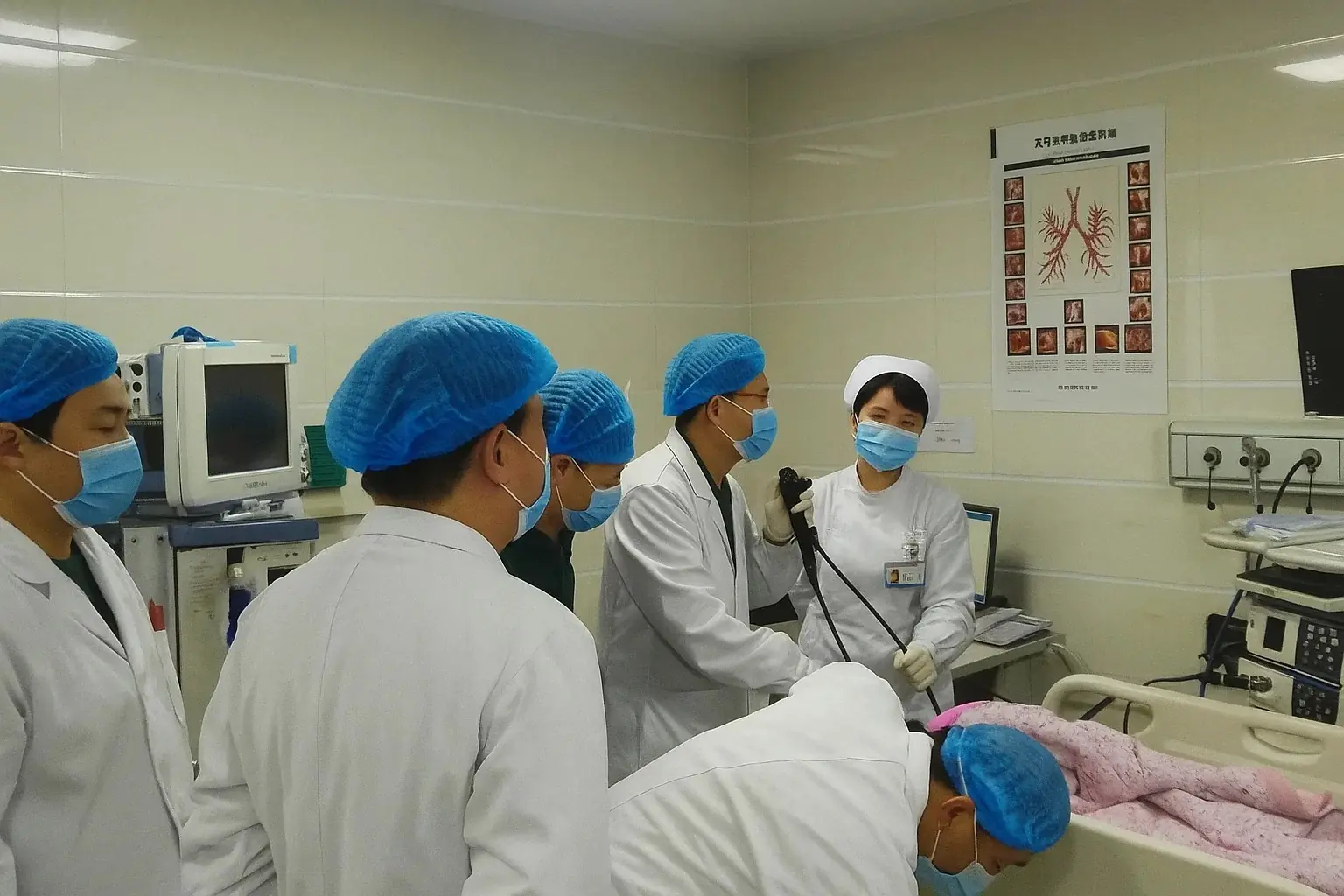
36-Year-Old Teacher Passed Away From Diabetes Doctors Say Was Triggered By Everyday Foods
Diabetes is a dangerous condition with numerous complications, and diet is a key factor.
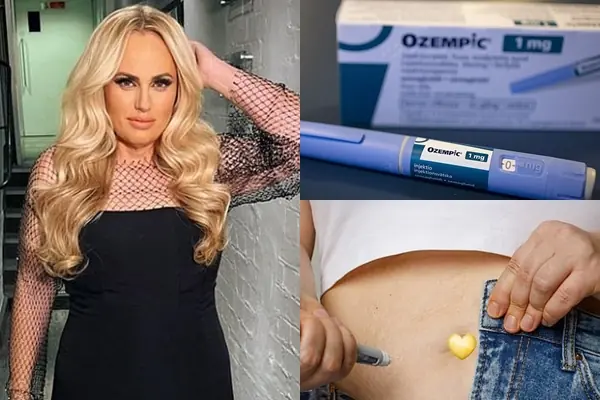
Experts issue urgent warning about terrifying hidden symptom from taking Mounjaro and Ozempic
Experts have issued an urgent warning about a symptom that can come to light from taking drugs such as Mounjaro and Ozempic.

The Benefits of Epsom Salt Foot Soak: A Natural Remedy for Foot Pain and Health
Discover the health benefits of Epsom salt foot soaks, including pain relief, exfoliation, fungal infection treatment, and more. Learn how to safely use Epsom salt for foot health.

What Causes Blue Veins? Understanding the Reasons and When to Seek Help
Blue or green veins are common, but when should you worry? Learn the possible causes of visible veins, from genetics to lifestyle factors, and when it may indicate a medical condition.
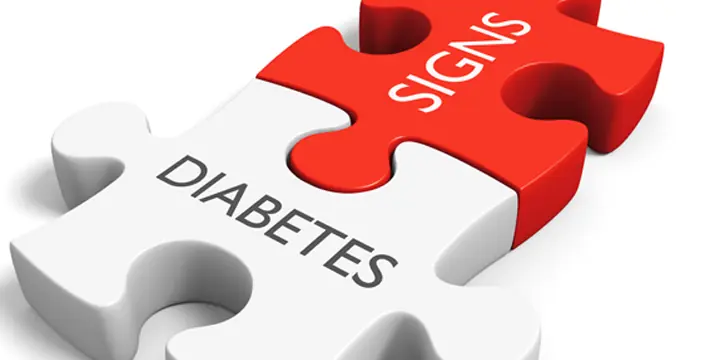
7 Early Warning Signs of Diabetes You Shouldn’t Ignore: Act Now for Better Health
Learn about 7 early warning signs of diabetes that could be easily overlooked. Early detection can help manage diabetes, prevent complications, and improve quality of life. Read on for expert insights.
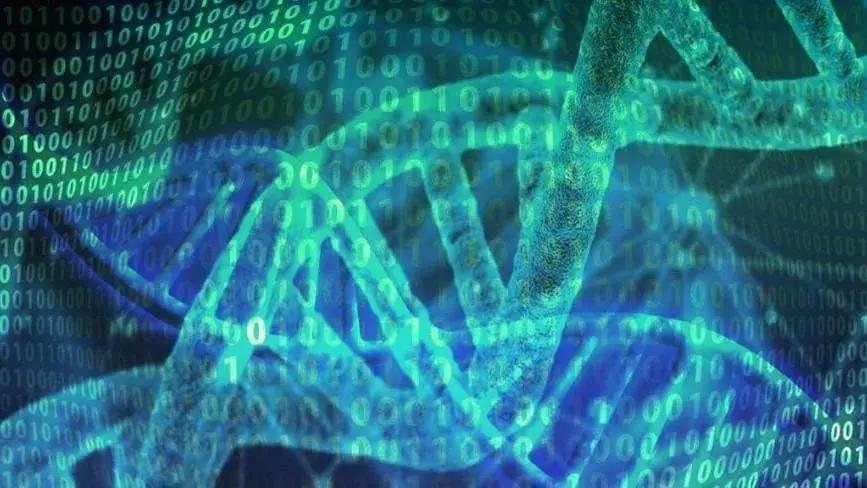
Genetic Link Between Endometriosis and Autoimmune Diseases Revealed in New Study
A new study has identified a shared genetic link between endometriosis and autoimmune conditions. Women with endometriosis are at a higher risk for diseases like rheumatoid arthritis, multiple sclerosis, and psoriasis.

People Warned to See a Doctor After Sharing Photo of Concerning Dark Line on Finger
A Reddit user received warnings to see a doctor immediately after posting an image of a dark line on their finger. Learn about melanonychia and why nail discoloration can be a serious health concern.

Breakthrough in Parkinson’s Treatment: Japanese Scientists Successfully Implant Lab-Grown Brain Cells
Japanese researchers have made a groundbreaking discovery in Parkinson’s treatment using lab-grown brain cells. Early results from the clinical trial show promising improvements in movement and dopamine production.

4 Simple Steps to Cool Your Home Faster and Save on Electricity Before Turning on the Air Conditioner

3-Blade vs. 5-Blade Fans: Which Cools Better? The Truth Behind Common Misconceptions

The Alarming Rise of Bowel C@ncer in Young Adults: Is Your Diet to Blame

United Airlines Passenger Punches Gate Agent, Kn0cking Them Out
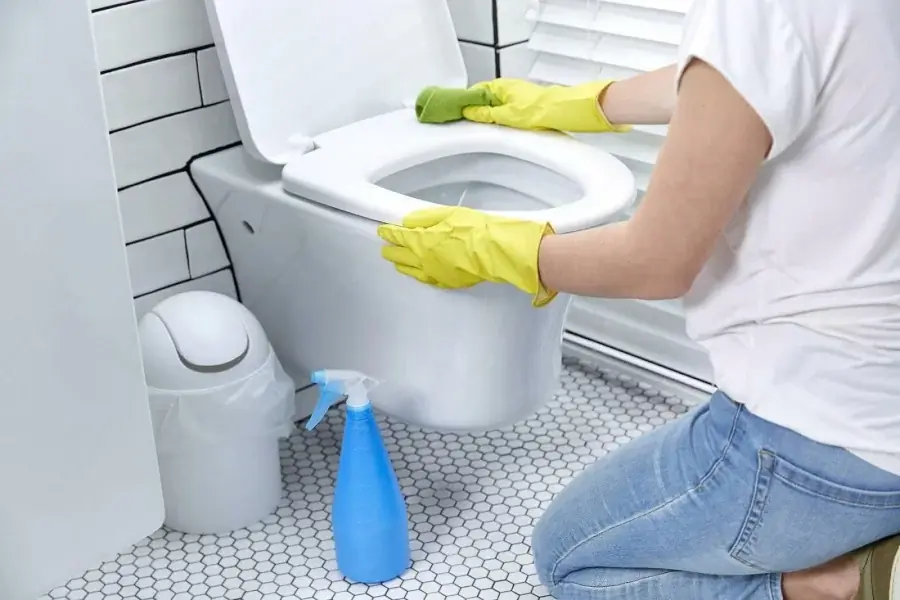
Should You Close or Leave the Toilet Lid Open After Use? 90% of People Get It Wrong — Here's Why Your Bathroom Always Smells

4 Everyday Foods That Fuel C@ncer Cells
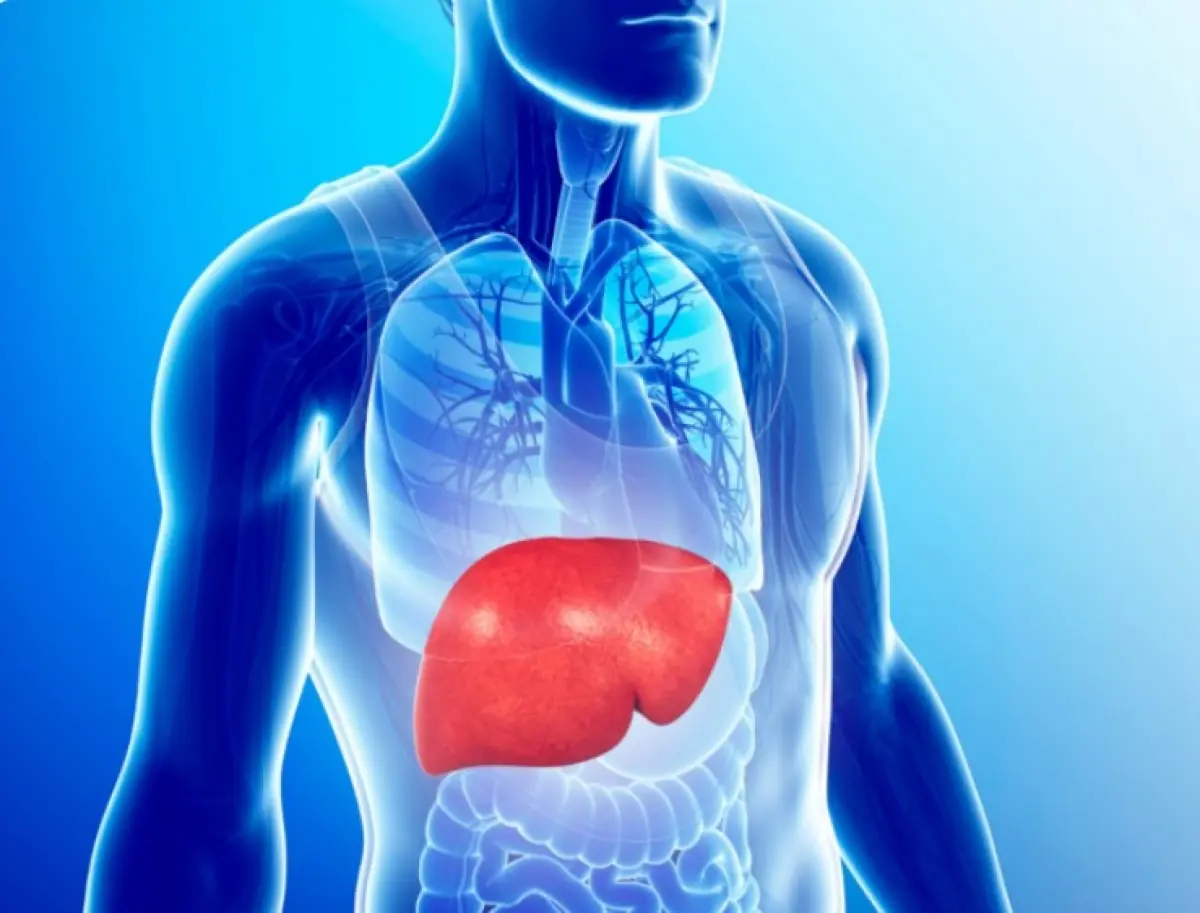
Fatty Liver Disease: A Silent Pathway to Liver C@ncer
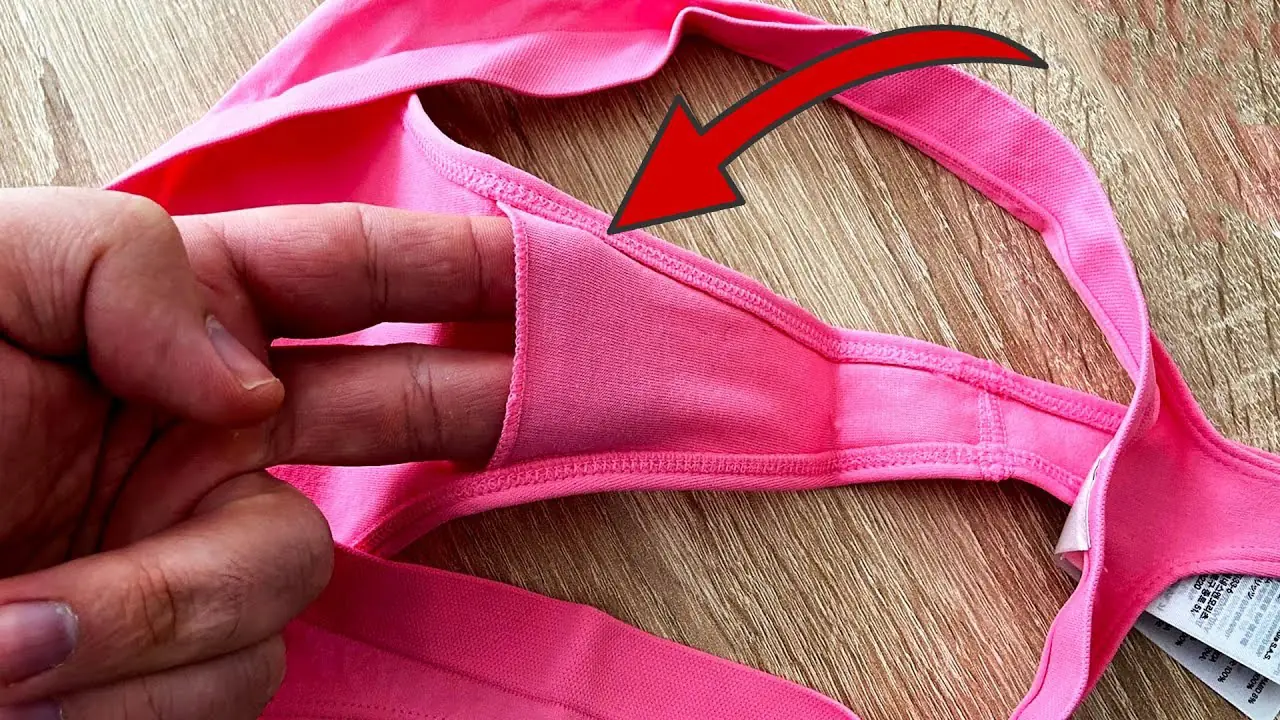
The Hidden Purpose of the Pocket in Women's Underwear: More Than Just a Design Feature
In actuality, the "pocket" in women's underwear is actually a gusset, which serves a number very valid purposes.

This quick 'cup of tea' test could be a simple way to spot early signs of dementia in a loved one

A doctor has revealed a simple thumb test that can uncover a "ticking time b0mb" heart condition
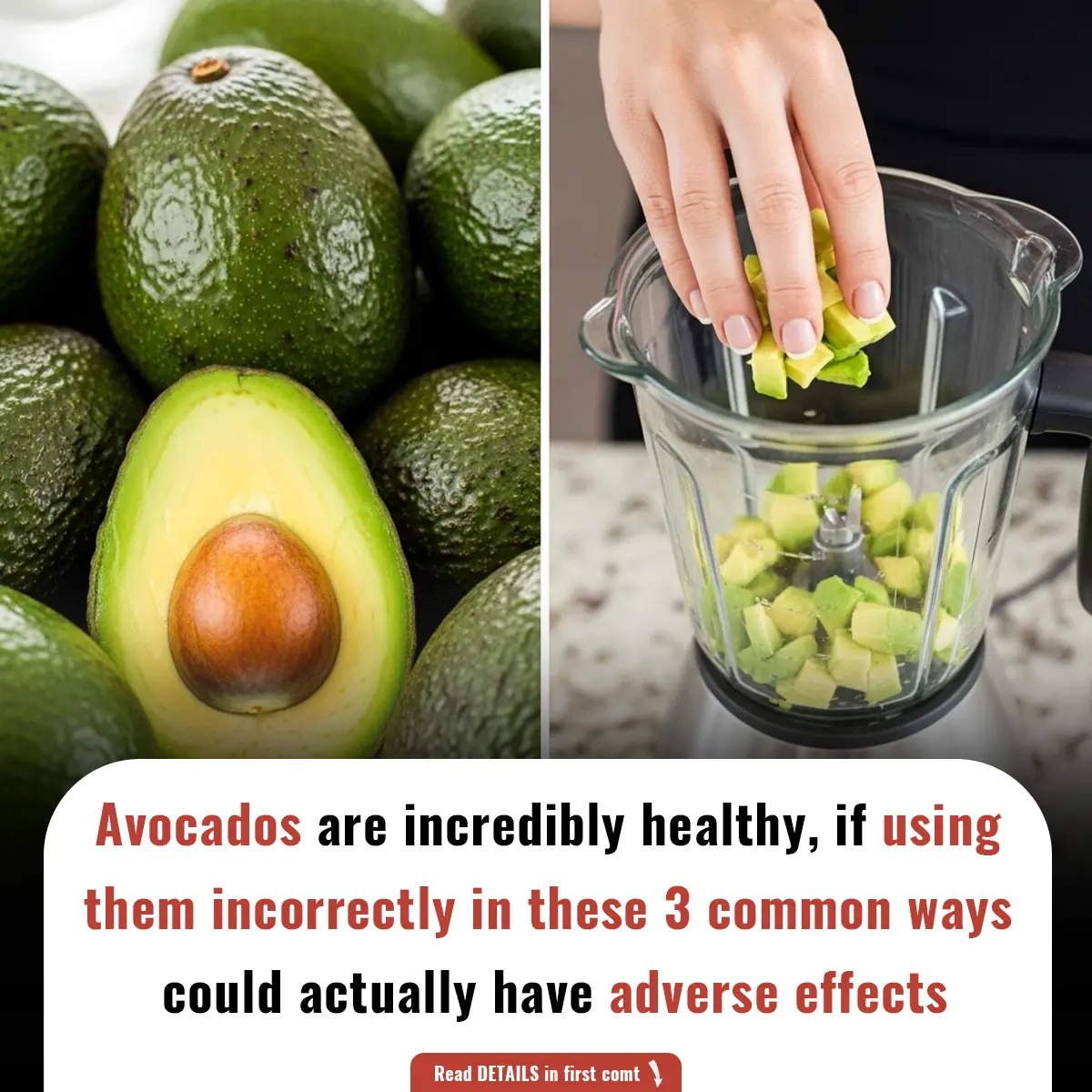
Avocados are incredibly healthy, if using them incorrectly in these 3 common ways could actually have adverse effects
News Post

The Woman Who Walked Away: A Journey of Self-Discovery and Empowerment
A powerful tale of self-realization as Alina breaks free from a toxic relationship, finding strength and confidence after a painful breakup. Discover how she chooses her own path towards happiness and independence.

Silent Signals: Recognizing the Subtle Symptoms of Pancreatic C@ncer

The Earring in the Passenger Seat: A Suspicious Find Leads to a Truthful Confrontation
A woman finds a sh0cking truth after discovering a mysterious child’s drawing in her fiancé’s car. Suspicion, betrayal, and secrets unravel as she confronts him, ultimately deciding the fate of their relationship.

Am I Wrong for Not Laughing at My Fiancé's "Jokes" About Calling Off Our Wedding?
A bride-to-be is questioning her relationship after her fiancé repeatedly jokes about calling off their wedding. What happens when humor crosses the line into hurtful behavior?

36-Year-Old Teacher Passed Away From Diabetes Doctors Say Was Triggered By Everyday Foods
Diabetes is a dangerous condition with numerous complications, and diet is a key factor.

Experts issue urgent warning about terrifying hidden symptom from taking Mounjaro and Ozempic
Experts have issued an urgent warning about a symptom that can come to light from taking drugs such as Mounjaro and Ozempic.

The Benefits of Epsom Salt Foot Soak: A Natural Remedy for Foot Pain and Health
Discover the health benefits of Epsom salt foot soaks, including pain relief, exfoliation, fungal infection treatment, and more. Learn how to safely use Epsom salt for foot health.

What Causes Blue Veins? Understanding the Reasons and When to Seek Help
Blue or green veins are common, but when should you worry? Learn the possible causes of visible veins, from genetics to lifestyle factors, and when it may indicate a medical condition.

DIY Rice Cream for Radiant, Youthful Skin: The Japanese Secret to Erasing Wrinkles & Fine Line
With its powerful combination of rice, almond oil, and vitamin-rich ingredients, this rice cream provides nourishment, hydration, and antioxidant protection to your skin.

7 Early Warning Signs of Diabetes You Shouldn’t Ignore: Act Now for Better Health
Learn about 7 early warning signs of diabetes that could be easily overlooked. Early detection can help manage diabetes, prevent complications, and improve quality of life. Read on for expert insights.

5 Homemade Skin Toners for Smooth, Glowing Skin: Natural Remedies for Every Skin Type
By incorporating these toners into your daily routine, you can expect healthier, brighter, and more balanced skin without the use of harsh chemicals.

Genetic Link Between Endometriosis and Autoimmune Diseases Revealed in New Study
A new study has identified a shared genetic link between endometriosis and autoimmune conditions. Women with endometriosis are at a higher risk for diseases like rheumatoid arthritis, multiple sclerosis, and psoriasis.
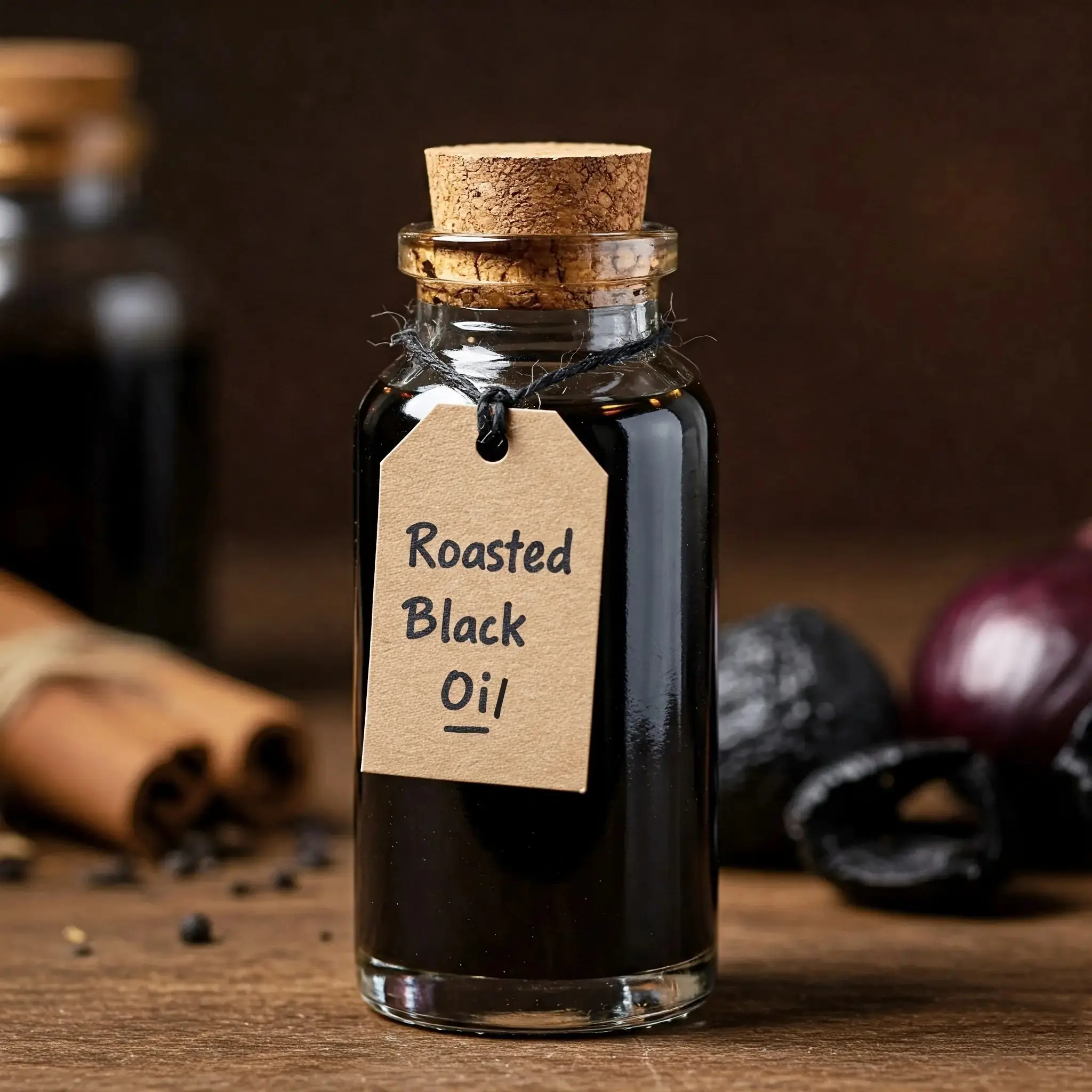
Roasted Onion Peel and Garlic Peel Remedies for Grey Hair: Natural Solutions for Dark, Vibrant Hair
. Roasted onion peel and garlic peel offer effective, safe, and natural alternatives that can help you combat grey hair and restore youthful vitality.

People Warned to See a Doctor After Sharing Photo of Concerning Dark Line on Finger
A Reddit user received warnings to see a doctor immediately after posting an image of a dark line on their finger. Learn about melanonychia and why nail discoloration can be a serious health concern.

Breakthrough in Parkinson’s Treatment: Japanese Scientists Successfully Implant Lab-Grown Brain Cells
Japanese researchers have made a groundbreaking discovery in Parkinson’s treatment using lab-grown brain cells. Early results from the clinical trial show promising improvements in movement and dopamine production.

4 Simple Steps to Cool Your Home Faster and Save on Electricity Before Turning on the Air Conditioner

Effective Cumin Seed Detox Tonic for Belly Fat Reduction: Your Ultimate Guide to a Flatter Midsection
The cumin seed detox tonic is a natural, easy-to-make remedy that can help accelerate belly fat loss, improve digestion, and enhance overall health.

3-Blade vs. 5-Blade Fans: Which Cools Better? The Truth Behind Common Misconceptions

The Alarming Rise of Bowel C@ncer in Young Adults: Is Your Diet to Blame
